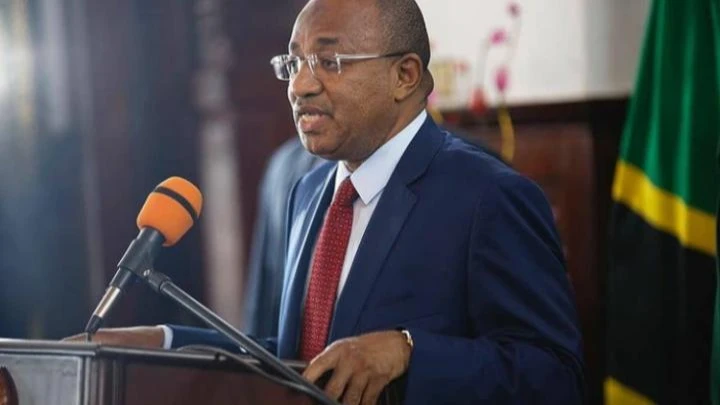Hopefully, the 133bn/- will help in property creation, not just enhanced use of banks, etc.

EACH new financing arrangement by the government where more than 1bn/- is put to some social purpose is worth reflecting upon, at least to figure out the resultant impact on current social or economic trends.
This calls for a carefully considered trajectory of expectations at the sociopolitical level, where each event affects existing tendencies.
Social and economic movement is like a push and pull scenario, where some think we are pushing while others believe we are pulling.
Reports say that the government has allocated over 133bn/- to enhance the financial sector, focusing on strategies to help citizens move away from informal financial systems.
It is said that the funds will be spent on conducting research within the sector, check out the use of formal financial services among ranked firms, and seek to propel greater adoption of technology in finance.
Whatever may be the specific underlying premises, much of this is noticeable as bank agents increasingly replace automatic teller machines, and sending money by such agency now calls for little education.
The sums set out are relatively sizeable and, as if the movers of the project also feel as much, a cabinet minister recently let out a gasp that the funds which began to be utilised in the 2021/2022 financial year “are expected to be fully spent by the 2025/2026 financial year”.
This implies that the project is of great consequence, meanwhile as there is a way in which the funds could be rapidly sent to specific destinations.
Notably, the government is in the process of ensuring that the new education curriculum integrates financial literacy and entrepreneurship for the good of our youth.
Of course, no one should rush into suggesting that this will mean that millions of the youth will automatically become gainfully self-employed – only that their education won’t go to waste.
The underlying paradigm reflects the ‘piecemeal’ reforms in social outlooks and economic behaviour pursued by those detesting big private property and uncomfortable with systematic reform.
It remains to be seen if indeed 46 per cent of Tanzanians currently rely on informal financial services such as keeping money at home, hiding it in containers or burying it.
Letting this description remain at the national level can be misleading as this large portion of people are also likely to be poor and thus are neither savers nor depositors.
It is meanwhile also worth remembering that those targeted may be nomadic pastoralists who aren’t in formal transaction business outside selling their livestock.
Top Headlines
© 2025 IPPMEDIA.COM. ALL RIGHTS RESERVED

















